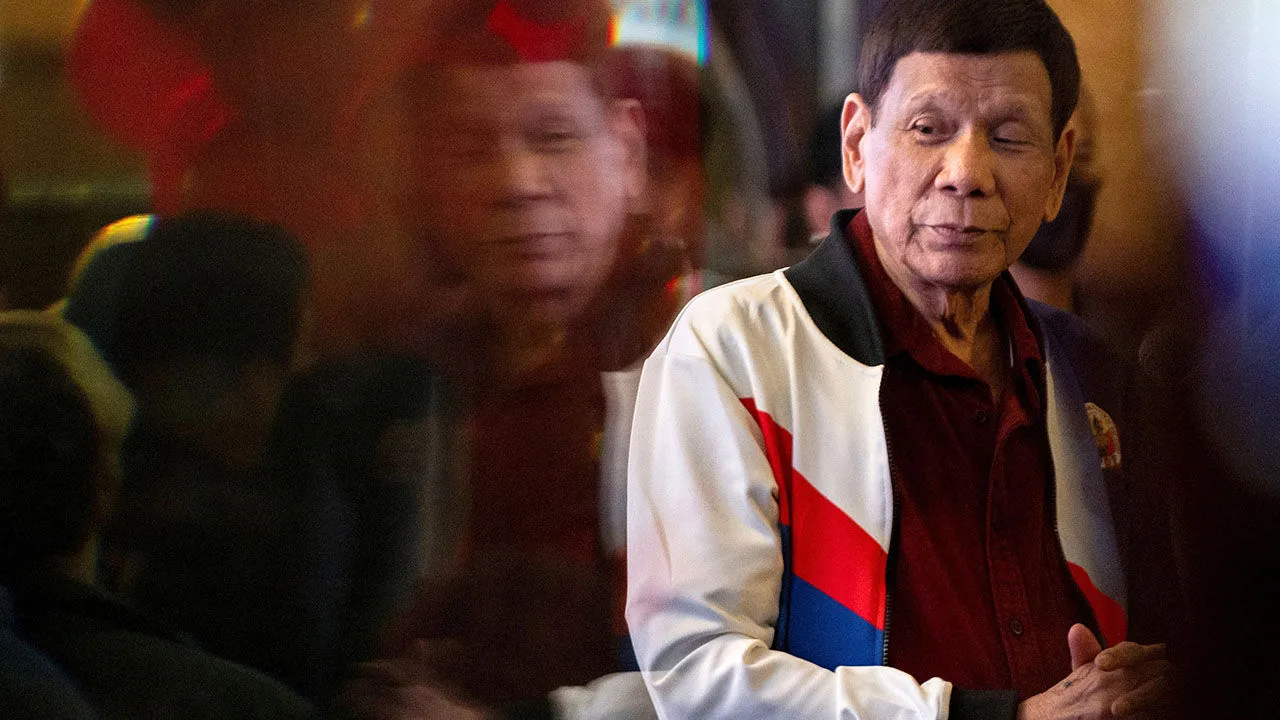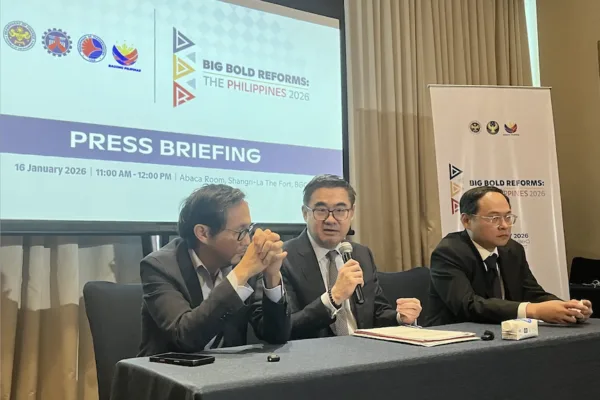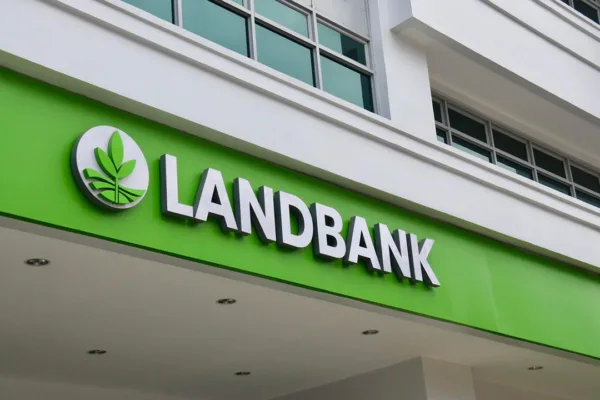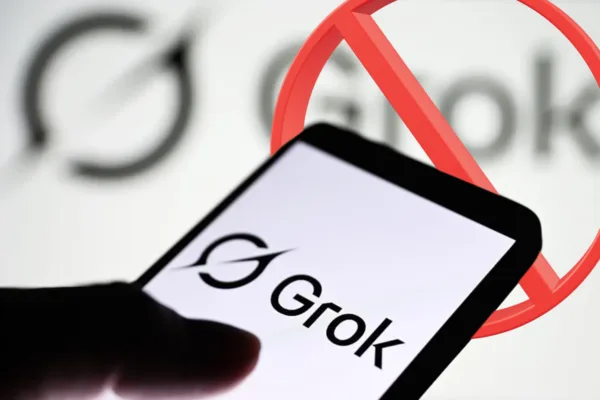The arrest of former Philippine President Rodrigo Duterte on Tuesday, March 11, and his subsequent placement on a plane to The Hague, following an International Criminal Court (ICC) warrant, has sent shockwaves through the nation, potentially impacting the Philippine economy in a crucial election year.
The warrant stems from allegations of crimes against humanity related to his administration’s “war on drugs,” which resulted in thousands of deaths.
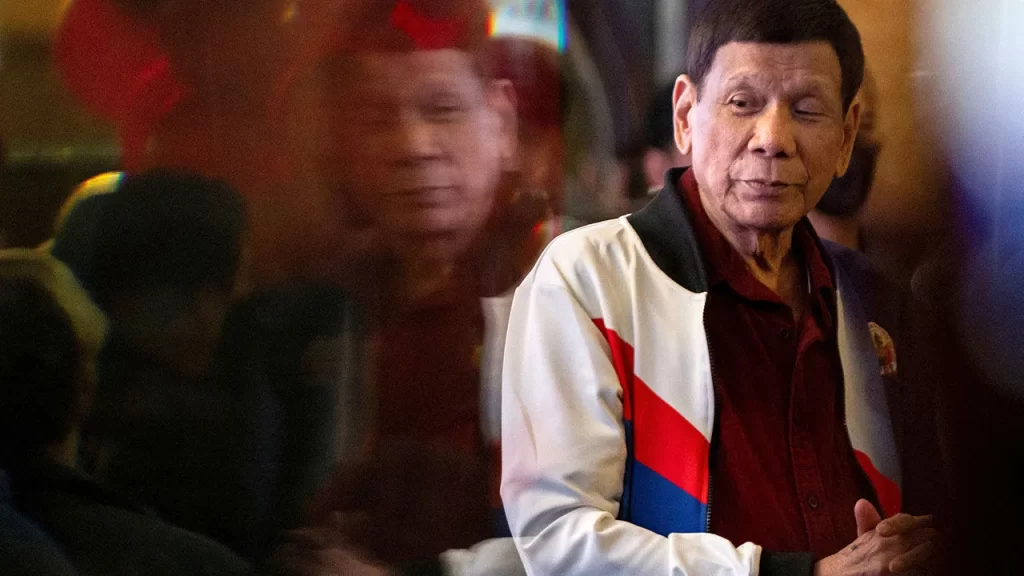
Former Philippine President Rodrigo Duterte
Despite the Philippines’ 2019 withdrawal from the ICC, the court maintains jurisdiction over alleged crimes committed during Duterte’s presidency, when the country was a member. The arrest, executed by Philippine authorities after Interpol relayed the warrant, immediately sparked legal and political controversy. (It can be recalled that earlier in February this year, Duterte claimed that Pres. Ferdinand Marcos Jr. had a hand in the Bangko Sentral ng Pilipinas (BSP) sale of gold reserves, which has allegedly contributed to the peso’s depreciation. The claim has since ignited a firestorm of controversy.)
Legal basis for Duterte’s arrest
Upon his arrest at the Villamor Airbase, Duterte questioned the legality of the process.
In a video released by his daughter Veronica “Kitty” Duterte, he demanded, “What is the law and what is the crime that I committed? Prove to me now the legal basis for my being here.”
His legal team, including former Executive Secretary Salvador Medialdea and former Land Transportation Chair Martin Delgra, echoed these concerns, alleging a violation of due process.
Prosecutor General Richard Fadullon confirmed that Duterte was informed of his rights and the charges, which include crimes against humanity and murder.
“We observed due process by reading him his rights and ensuring that the dignity of the former president is protected,” Fadullon emphasized. He also stressed that the warrant’s validity should be challenged before the ICC, not the arresting officers.
The ICC as a “Court of Last Resort”

The ICC, as a court of last resort, intervenes when national jurisdictions are unable or unwilling to prosecute grave crimes. Former ICC President Judge Chile Eboe-Osuji reiterated this, stating, “The only time [the] ICC enters in this jurisdiction is when a state or states that should exercise that primary jurisdiction don’t do it, are unable to do it, or unwilling to do it.”
Meanwhile, the arrest has triggered a spectrum of reactions.
President Ferdinand Marcos Jr. affirmed the government’s cooperation with Interpol, while Duterte allies, such as Salvador Panelo, denounced the arrest as “unlawful.” Human rights groups, however, welcomed the move as a vital step towards accountability.
The immediate economic impact of Duterte’s arrest is difficult to quantify, but the political uncertainty it creates could affect investor confidence. This is particularly concerning during an election year, when stability is crucial for economic growth.
The arrest could lead to increased political polarization, potentially disrupting business operations and discouraging foreign investment. This potential instability, combined with the pre-existing economic challenges, could slow down the Philippine economic recovery.
What’s next?
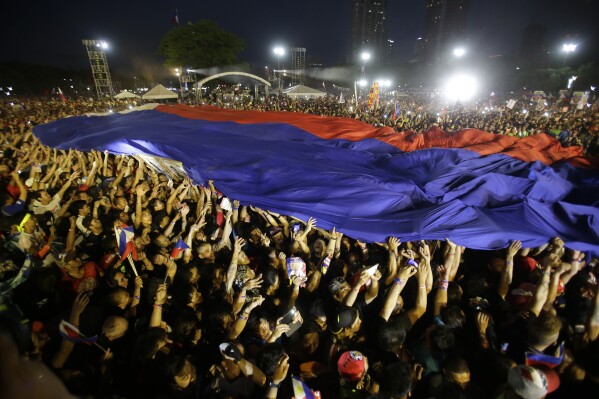
The legal processes related to extradition or surrender, managed by the Philippine Department of Justice, are now underway. Whether Duterte is immediately transported to The Hague or remains in the Philippines pending these procedures remains unclear. If he is taken to The Hague, he will face a confirmation of charges hearing.
The arrest has reignited debates about the ICC’s jurisdiction and the accountability of world leaders, further fueling political tensions. Kristina Conti, an ICC-accredited counsel representing drug war victims, has called for Duterte’s transfer to an ICC member state.
As the legal and political ramifications of Rodrigo Duterte’s arrest unfold, the Philippine government asserts its readiness to navigate the complex situation. In Manila, Communications Secretary Jay Ruiz affirmed the Marcos administration’s preparedness for any eventuality arising from the ICC warrant, while in Duterte’s home region of Davao, heightened security measures signaled a proactive stance.
With President Marcos Jr. pledging full cooperation with the ICC, and the court’s jurisdiction firmly established over crimes committed during the Philippines’ membership, the nation now stands at a pivotal juncture, grappling with the profound implications of holding a former leader accountable for alleged crimes against humanity on the international stage.
Meantime, as the situation evolves, the potential impact on the Philippine economy, especially during this election year, will also be closely monitored.




